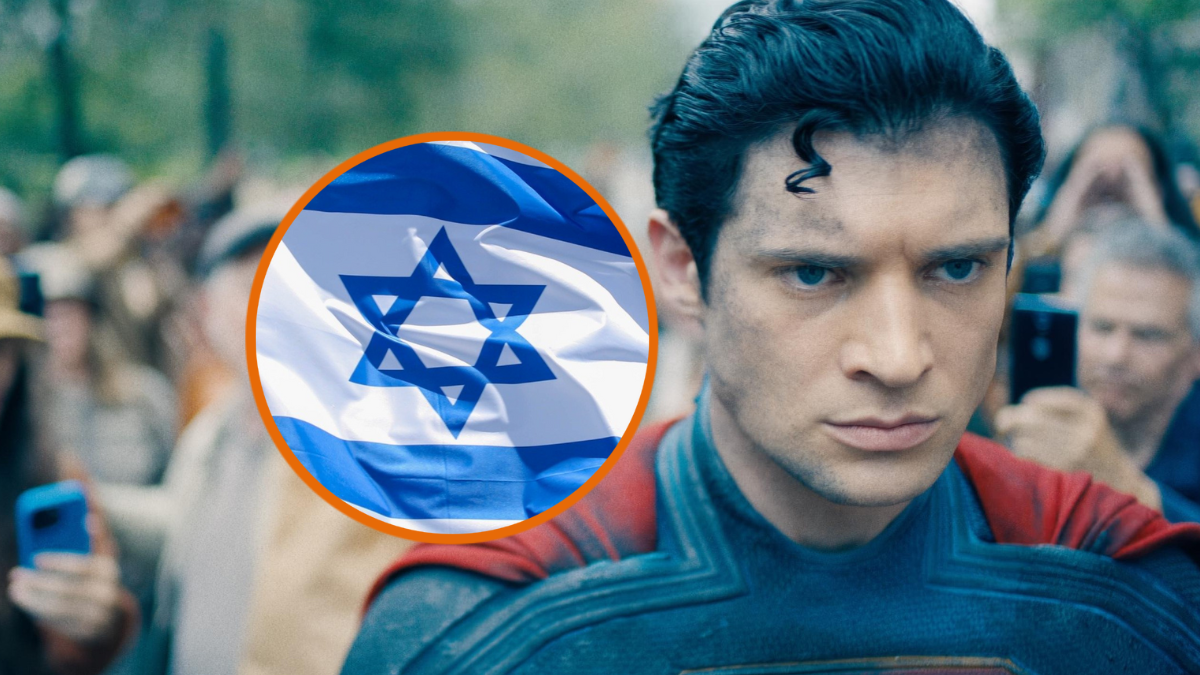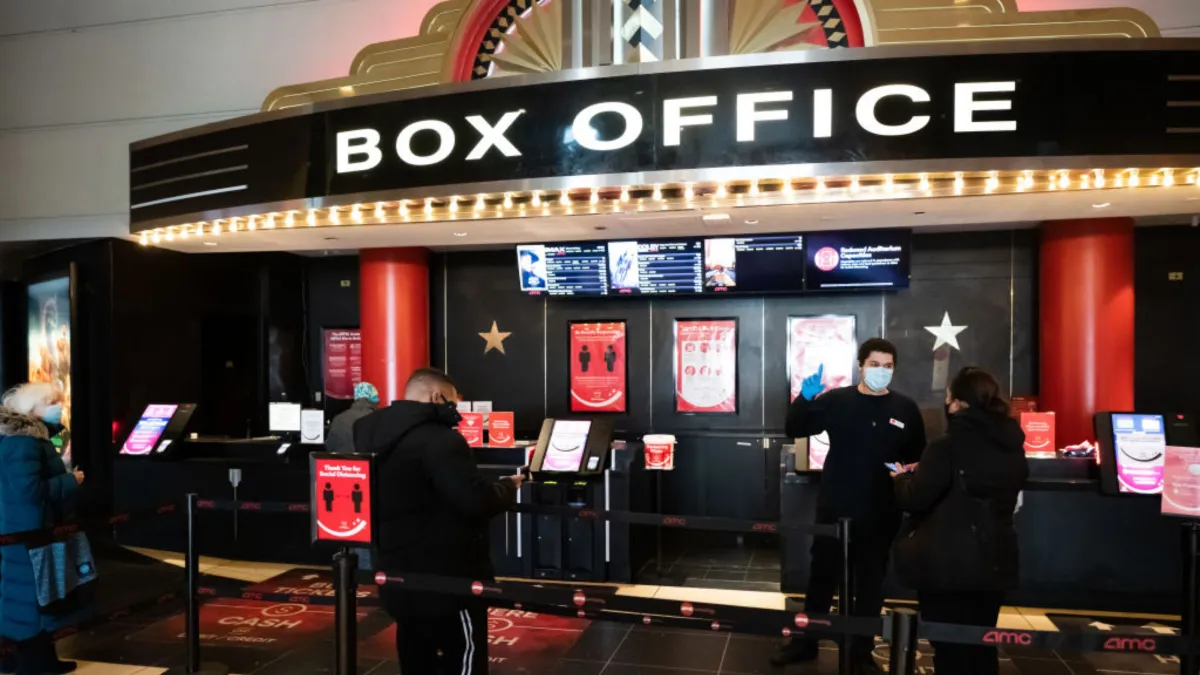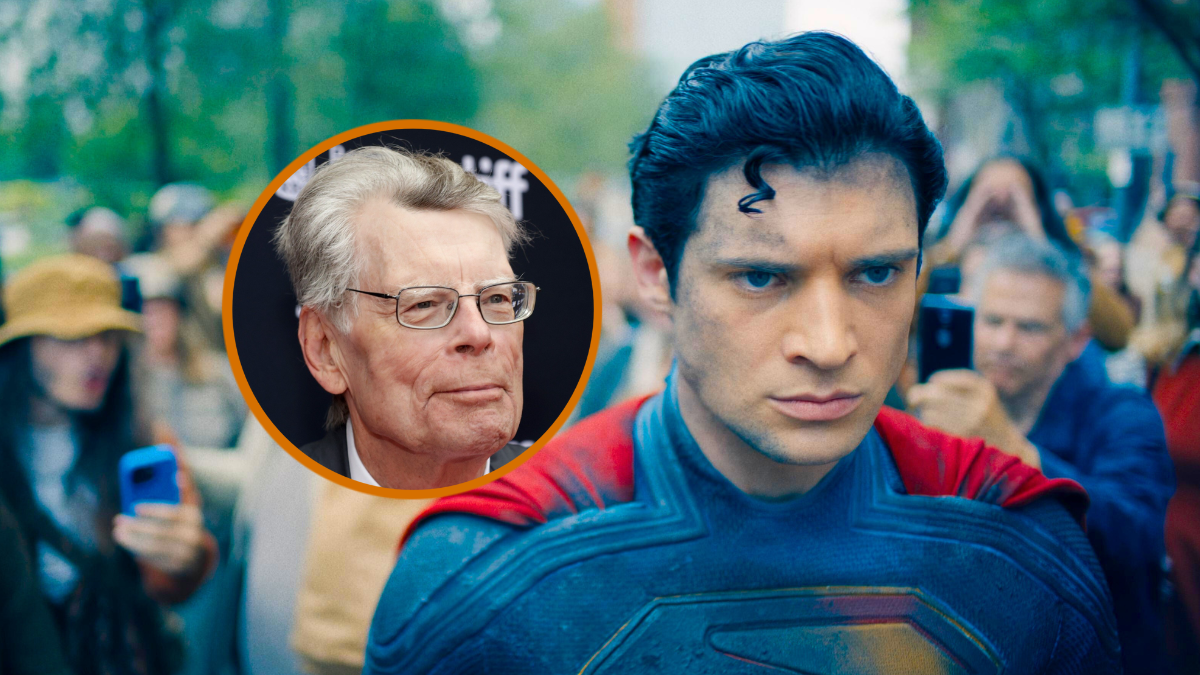Since its 1982 release, two schools of thought have emerged regarding Ridley Scott’s sci-fi neo-noir Blade Runner. Some believe the film’s striking visuals and rich subtext makes it undeniably worthy of its hard-earned classic status — following a famously disappointing theatrical run — while others believe its bizarre aesthetic and several “director’s cuts” have led to Scott’s work being more legendary as a cinematic anomaly than a masterful piece of filmmaking. No matter which way people see Blade Runner, one thing remains constant: nearly all (rightfully) regard it as one of the most influential sci-fi films of all time. So, needless to say, the odds were certainly stacked against director Denis Villeneuve as he set out to make Blade Runner 2049.
Set a full 30 years after Harrison Ford’s Rick Deckard hunted down a group of rebellious replicants (i.e., synthetic people with a limited lifespan) in the original film, this one stars Ryan Gosling as K, another “blade runner” like Deckard for whom a simple case unravels into something much more significant. Since much of the marketing for Blade Runner 2049 has remained on the cryptic side, we’ll preserve the storytellers’ intended process of discovery for your trip to the theater. In any case, Villeneuve has crafted a film that serves as a true extension of the story and themes of its predecessor while exploring new, surprising aspects of its world.
At 163 minutes, Blade Runner 2049 could be accused of being a sprawling epic with too much on its mind, and in lesser hands, that may have been the case. Yet, while the film does pack in a lot of supporting characters and covers a ton of narrative ground, the script by original Blade Runner co-writer Hampton Fancher and Michael Green (Logan) never truly loses focus on developing its hero and the mysteries that surround him. Even though Villeneuve indulges in more world-building than even Scott did, every scene further enriches the experience in meaningful and emotional ways, leaving viewers with a thought-provoking tale that will likely only become more rewarding in repeat viewings.
The world of Blade Runner has always been defined by its moral ambiguity. Like much sci-fi, it hinges on the dark side of technology and the dystopia that may result when humanity finally begins to lose its soul. The sequel marinates in these and other, equally somber themes, and yet, Blade Runner 2049 never loses its allure as a piece of pop culture spectacle. Gorgeously shot by legendary director of photography Roger Deakins (can we get him an Oscar already?), this is a film that features sweeping cityscapes and intimate character shots in equal measure. Like its predecessor, every frame feels purposefully and artfully composed, though it never feels like the franchise is repeating itself.
Sure, there are plenty of references and homages to Scott’s film — including some surprises sure to delight fans — but Blade Runner 2049 feels very much self-contained in the best way. Even the score by Hans Zimmer and Benjamin Wallfisch shares clear DNA with Vangelis’ iconic themes without simply replaying the synthesizer-heavy sound of the first film. In fact, much of the pic toys with moviegoers’ expectations and comparisons with what’s come before. Narratively, Blade Runner 2049 could even be viewed as an inversion of certain elements of Scott’s film, presenting a new take some ideas and purposely leaving others unexplored. For the record, we should clarify that the new release deliberately never addresses the question of Deckard’s origin.
Despite his prevalence on the poster, Ford himself actually doesn’t turn up until midway through the film, giving Gosling the chance to take full ownership of this installment. The La La Land star delivers on all fronts, his quiet intensity and often-passive demeanor a perfect fit for the role. In addition, the extensive supporting cast has not one weak link. Robin Wright, Ana de Armas, Sylvia Hoeks and Dave Bautista all make the most of their time onscreen, and even as divisive a performer as Jared Leto — whose controversial take on the Joker in last year’s Suicide Squad is still making headlines — feels perfectly cast in Blade Runner 2049. From top to bottom, there is a singular vision in place, and the cast largely executes it to perfection.
Throughout cinema history, few sequels have managed to satisfyingly build on an original classic. The Empire Strikes Back, Terminator 2: Judgment Day and Aliens most regularly appear among the best examples, but Blade Runner 2049 may over time join their ranks. Villeneuve has accomplished the impossible and made a film that arguably is more ambitious and grander in scope than Arrival, and if anyone has any doubts regarding his status as one of the best directors working today, we submit his latest. With any luck, Blade Runner 2049 will develop into the Mad Max: Fury Road of the upcoming awards season. In both its technical merit and thematic heft, the film is an achievement on every level and one that moviegoers are unlikely to soon forget.



















Published: Oct 6, 2017 09:19 am